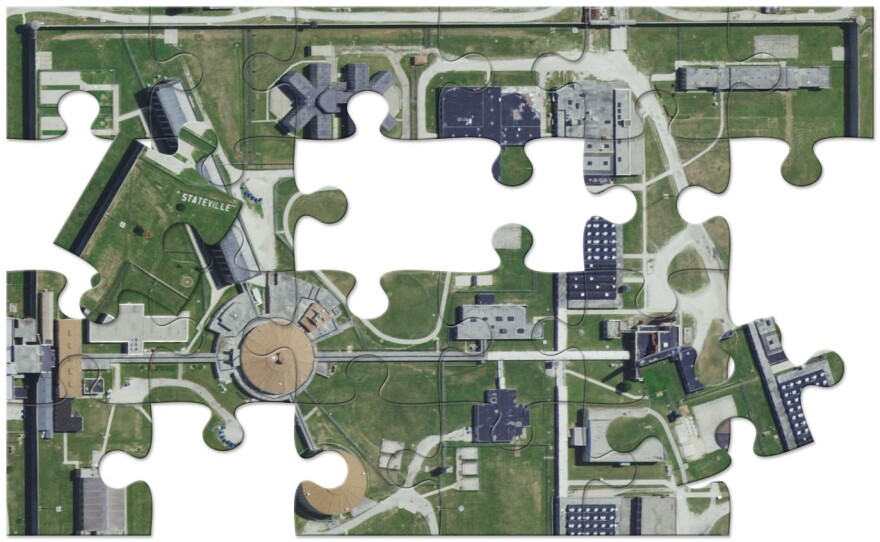The Illinois Department of Corrections is being cited for a range of problems in an audit released Wednesday. There were 46 findings over a two-year period.
Some of the issues relate to inventory — the department couldn’t locate 946 pieces of computer equipment, though that is a small fraction of the prison system’s total equipment inventory of more than 180,000 items.
Others were financial, like inadequate controls for the bank accounts related to inmate commissaries — the shops where inmates can buy food, toiletries, cassette tapes and the like.
The audit also flagged the fact that some staff were taking leave time — such as vacation, sick or holiday time — and then working a separate overtime shift the same day. “While there may be instances where this would be a needed solution to a difficult staff coverage scenario, it could be a sign of abuse of overtime and may be against Department policy,” the audit says.
The financial advantage of this practice from the employee’s perspective is that the employee is paid for the leave time shift at the usual rate for that day and then also paid for the overtime shift at 1.5 times the usual rate of pay on the same day. The financial effect on the state, however, is that not only does the state pay the employee at the overtime rate for the shift worked in addition to the regular rate for the leave time taken, but the state must also pay another employee overtime to cover the shift for which the leave time was used. This type of abuse of leave time may be an example of “shift swapping” in which employees knowingly use leave time and swap shifts in order to gain a financial advantage.
After completing training, correctional officers earn a salary of $48,432 per year. But with overtime and seniority, some can earn more than $100,000.
Overtime hours and costs increased significantly during the two years covered by the audit (fiscal years 2017 and 2018, shown here with 2016 as a baseline):
- FY16: 654,375 OT hours paid, valued at $32.2 million
- FY17: 700,235 OT hours paid, valued at $33.6 million
- FY18: 977,742 OT hours paid, valued at $43.9 million
The Department of Corrections also failed a pop quiz of sorts, in which auditors asked prison officials to identify all the state laws that govern its operations. Officials named 11 statutes; the audit says there are 39 more.
Safety Concerns
Beyond potential financial and administrative problems, there were also issues related to the safety of prison staff, inmates and the public.
The audit says for inmates who work in kitchens and mechanical areas — where they have access to metal tools — six prisons did not put them through metal detectors to make sure they weren’t smuggling things out.
The department said some facilities did not have metal detectors because of budget constraints, while others misunderstood the policy requiring searches of adult inmates who enter an area where metal or metal products are used.
The department also failed to follow procedures for putting inmates on special registries for arsonists and people convicted of committing “violence against youth,” putting some of the wrong people on the list and leaving some of the right ones off.
The Department of Corrections says it accepts all 46 the audit's findings and will work to implement its recommendations.
“Under the leadership of Director Rob Jeffreys, we are committed to operations that support safety and security, transparency and fiscal responsibility,” spokeswoman Lindsey Hess said in a statement.
It’s worth noting, however, that 36 of the 46 findings were already flagged in at least one previous audit.






